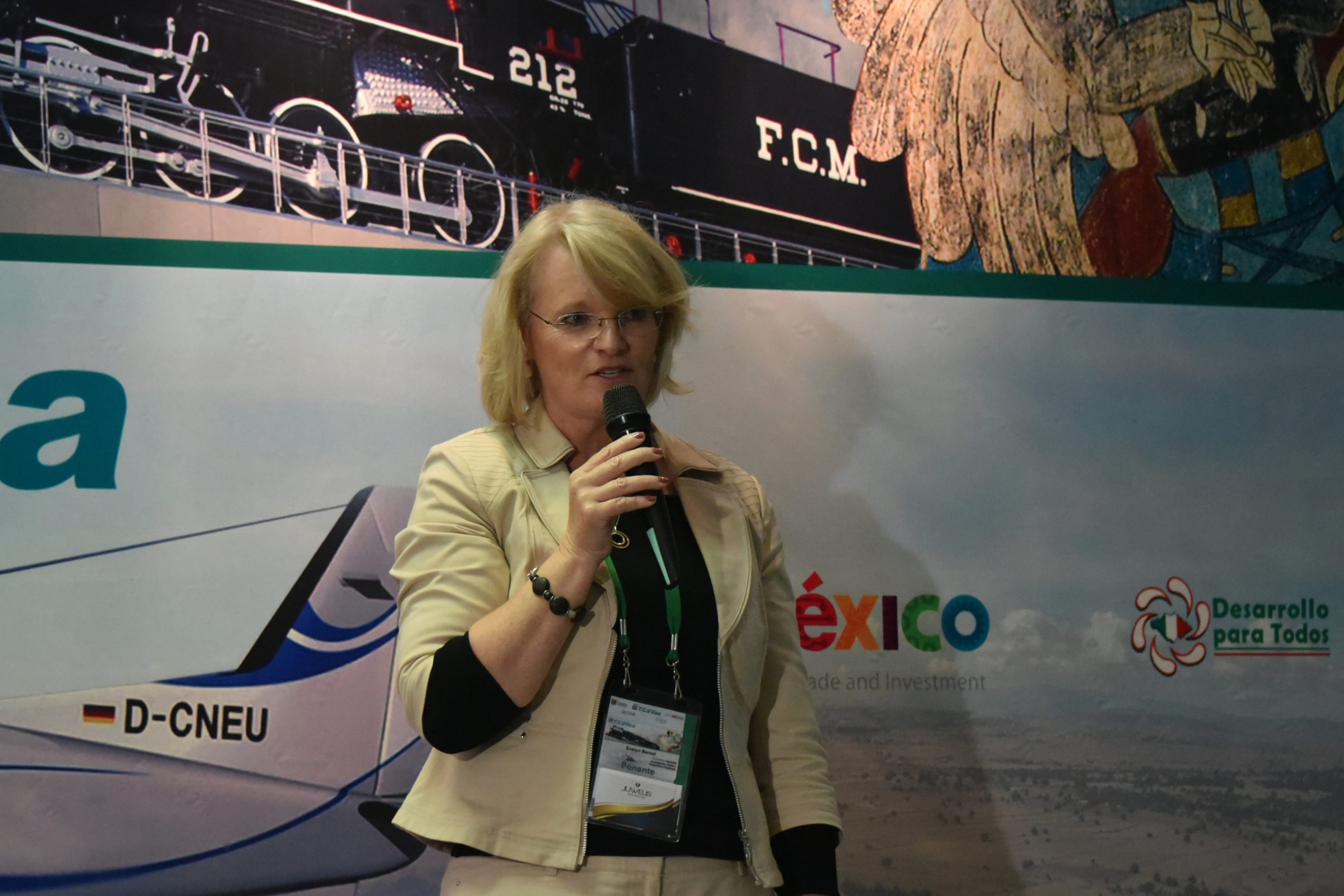New regulations also in EU air travel: zero carbon emission by 2050 and at least 55% reduction by 2030.
The JUWELIS competence team “Green Airports” has collected expertise and knowledge from aviation professionals around the globe and developed Europe’s first Green Airport in Bulgaria.
We are able to offer unique and exclusive Airport-Solutions in conjunction with our Partners.
- Great Hub location for Air Cargo
- Tax Free Zones
- Negotiations with the Bulgarian Government for unique and additional over flight rights
- Pilot Training and Certification
- Aircraft Recycling / Maintenance / Painting
- Project development & Project Management for “Taylor made state of the art” Airport development and deployment
Bulgarian Airport English
Green Airport ESP
Green Airport German
Green Airport Bulgaria ITA
Грин Аэропорт Болгария
Why Bulgaria?
Currently, JUWELS focusses its activities on Bulgaria. There are many reasons why it now is the best time to invest.
Over a long period of time, JUWELIS has built up the necessary connections to responsible public structures at both municipal and state level and maintains a very close and confidential relationship with these institutions.
Overview
Bulgaria offers investors many unique location factors that enable sustainable, stable success. Due to its numerous unique selling points, Bulgaria meets all the requirements that we nowadays place on a very lucrative and modern
business location.
According to Statista (as of 2021), the population of Bulgaria is around 6.92 million, which is around 1.55% of the
population of the European Union.
The country is strategically located along important land routes from Europe to the Near and Middle East and Asia. Its total area is 110,994 km², with 1,808 km of national borders and 354 km of coastline. The country’s terrain is partly mountainous, with lowlands in the north and south-east. The climate is predominantly humid continental, with alpine in the highest mountains and subtropical in the southernmost regions.
A network of international highways connects Bulgaria with Western Europe, Russia, Asia Minor, the Adriatic and the Aegean, and it also has direct access to the Black Sea. There are currently five international airports in Bulgaria, located in different parts of the country.
In addition, the “New Silk Road” plays an important role in the plan to achieve the United Nations’ sustainable
development goals. Chinese companies in particular are planning to invest more in Bulgaria’s infrastructure and
actively support it in the long term. China sees the Balkan country as the gateway to European markets.
Taxes
Profits from companies registered in Bulgaria are taxed at a corporate tax rate of 10%. This tax is a “flat tax”, so it does not change depending on the profit. The profit withdrawal is taxed at a further 5%, making the total tax rate 14.5%.
Access to funding
Due to its membership in the European Union since 2007, Bulgaria has the opportunity to receive funding from the
European Structural and Cohesion Fund. The EU programs are aimed equally at the public and private sectors. For the period from 2014 to 2021, this will provide the Bulgarian economy with around € 15 billion in funding, which is
intended to serve the development and modernization of various sectors of the Bulgarian economy and infrastructure
Currency stability
Since Bulgaria is a member of the European Union, but not of the euro area, it still has its national currency, the lev. This was linked to the Deutsche Mark in 1997 by the then Prime Minister Stefan Sofianski, which rules out currency
fluctuations
Educational level
Bulgaria ranks third in the EU in terms of the number of certified IT experts (10th worldwide) and half of Bulgarians speak at least one foreign language. It offers a well-trained and highly qualified workforce in many areas such as IT, mechanical engineering, renewable energies, and aviation. 25% of the population have a university degree.





